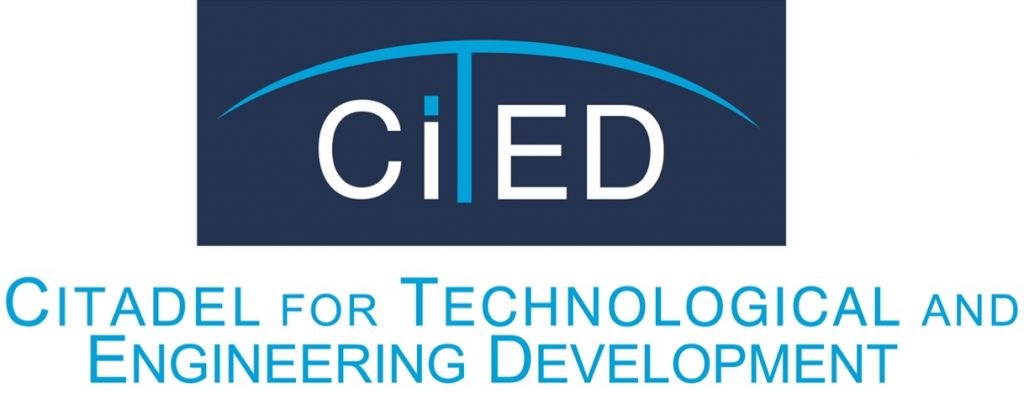This 3-day training program will equip participants with the knowledge and skills necessary to implement and maintain a comprehensive preventive maintenance (PM) program for Mechanical, Electrical, and Plumbing (MEP) systems and equipment in buildings.

Introduction:
This 3-day training program will equip participants with the knowledge and skills necessary to implement and maintain a comprehensive preventive maintenance (PM) program for Mechanical, Electrical, and Plumbing (MEP) systems and equipment in buildings.
Objectives:
- Understand the importance of preventive maintenance for MEP systems and equipment.
- Identify the key components and functions of each MEP system.
- Learn the recommended maintenance procedures for various MEP equipment.
- Develop skills for troubleshooting common MEP system problems.
- Implement a comprehensive PM program for a building.
Day 1: HVAC Systems
- Introduction to HVAC systems: components, functions, and types.
- Importance of preventive maintenance for HVAC systems.
- Benefits of a well-maintained HVAC system: energy efficiency, improved comfort, extended equipment life.
- Preventive maintenance procedures for HVAC equipment: air filters, coils, fans, belts, thermostats.
- Troubleshooting common HVAC problems: poor airflow, uneven temperatures, unusual noises.
Day 2: Electrical Systems
- Introduction to electrical systems: components, functions, and safety considerations.
- Electrical hazards and the importance of preventive maintenance in preventing accidents.
- Electrical codes and regulations relevant to maintenance procedures.
- Preventive maintenance procedures for electrical equipment: panels, breakers, switches, outlets, and lighting fixtures.
- Identifying potential electrical problems: loose connections, overloaded circuits, flickering lights.
Day 3: Plumbing Systems
- Introduction to plumbing systems: components, functions, and water conservation principles.
- Common plumbing problems and their potential consequences.
- Importance of preventive maintenance in preventing leaks, clogs, and water damage.
- Preventive maintenance procedures for plumbing equipment: valves, fixtures, traps, drains, and water heaters.
- Leak detection and repair methods.
- Maintaining water quality and preventing waterborne diseases.
Conclusion:
- Recap of key learning points from the entire training.
- Interactive session: participants discuss challenges and best practices for implementing a PM program in their workplaces.
- Course evaluation and feedback.

